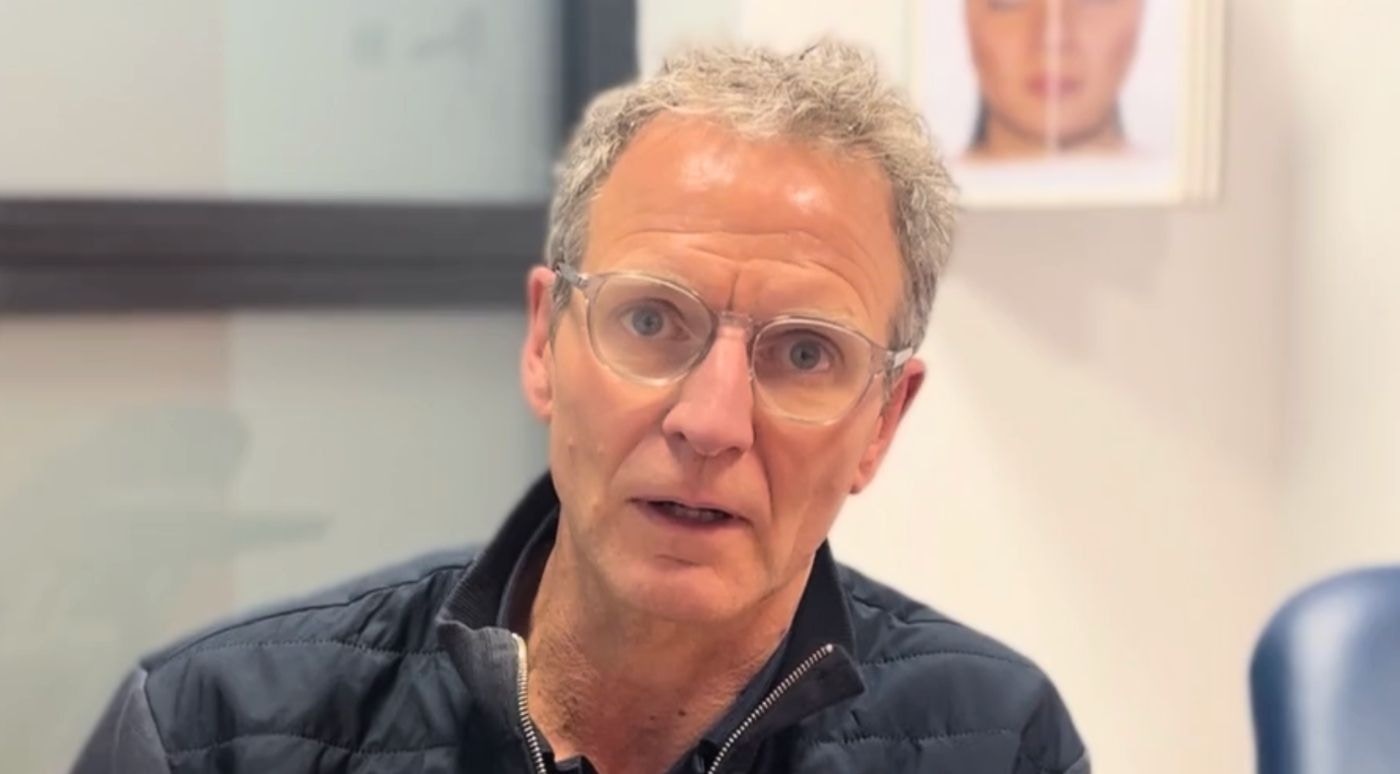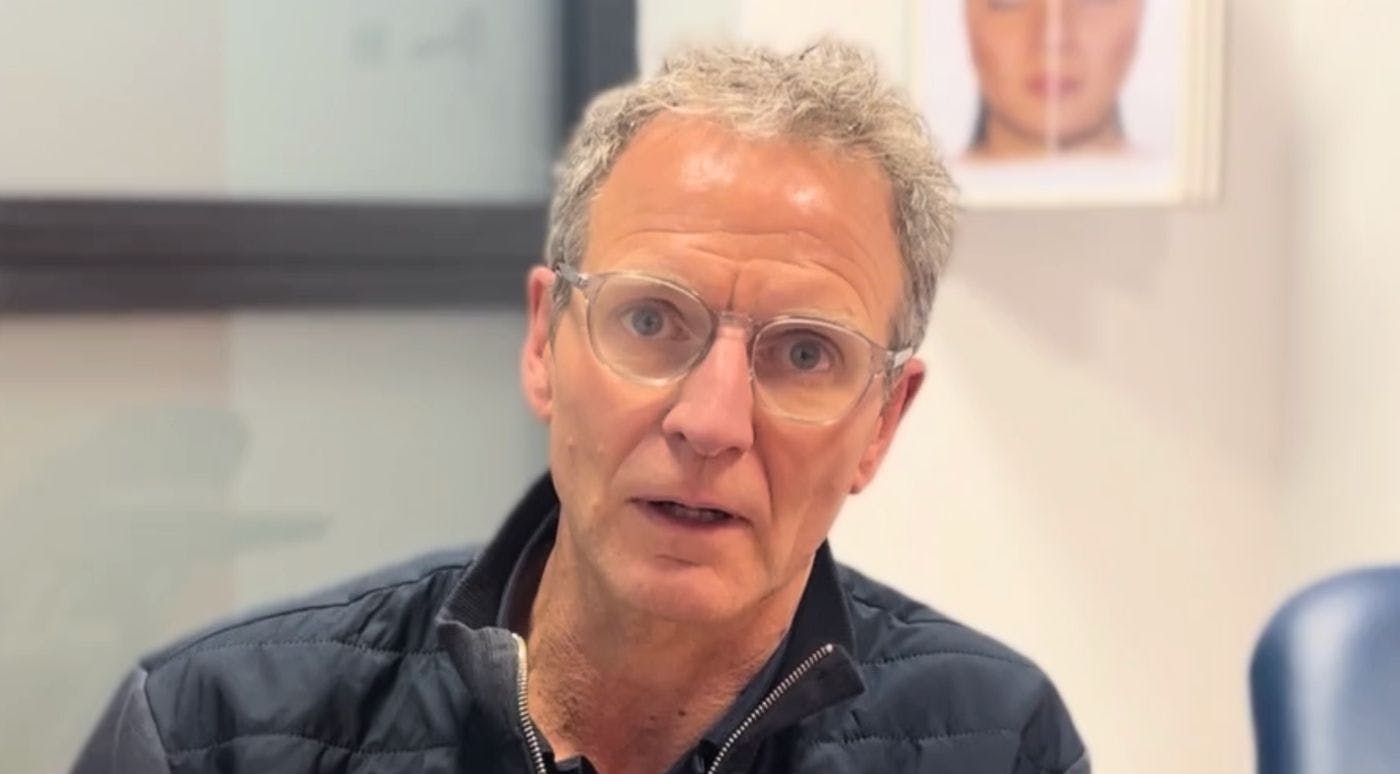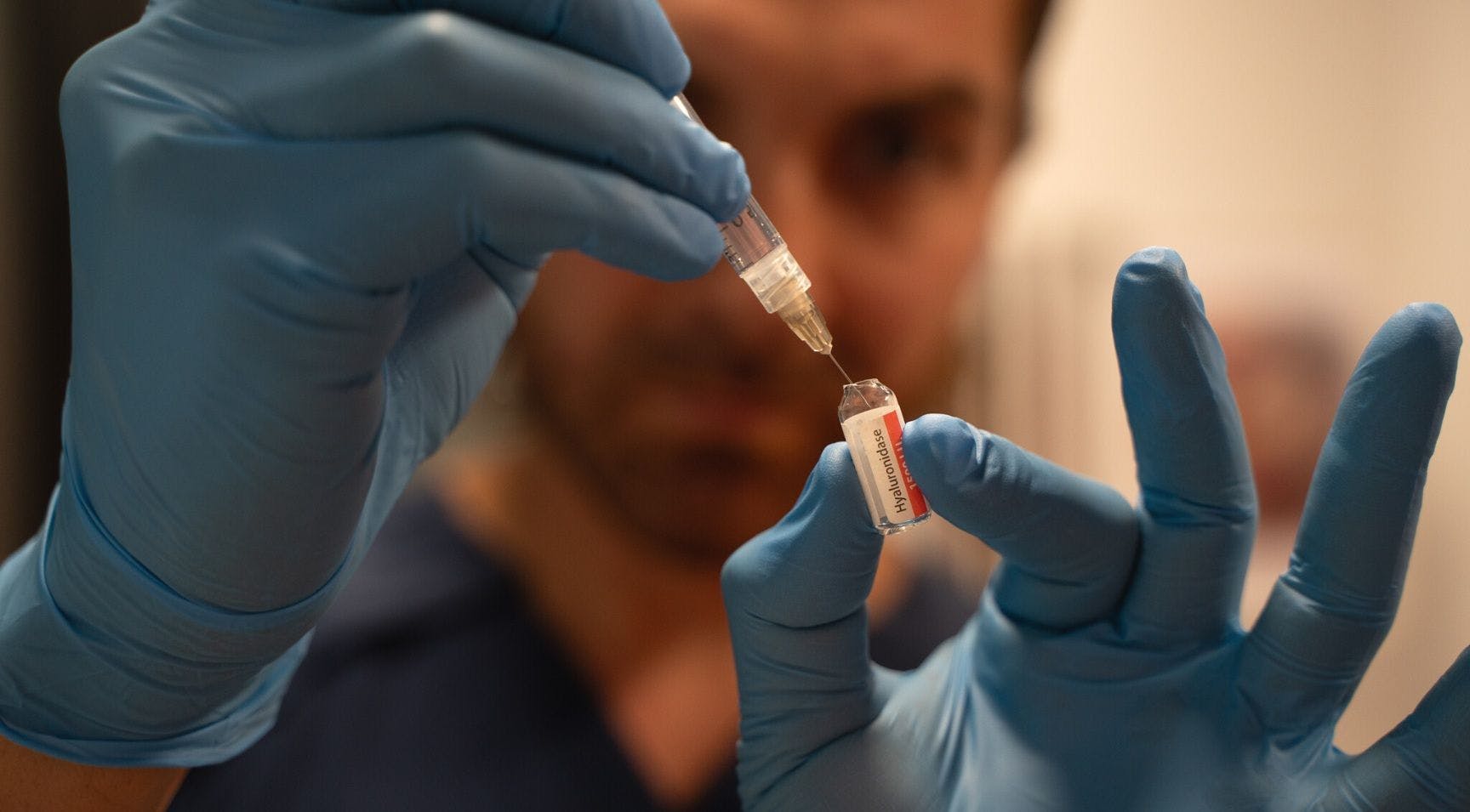How Does GMC Revalidation Work for Cosmetic Doctors?

A concern many medics have when considering a career in aesthetic medicine is how GMC revalidation works for cosmetic doctors.
The GMC is the General Medical Council. This is the public body responsible for maintaining the UK’s official register of medical practitioners.
To explain the revalidation process, we spoke to Harley Academy’s Responsible Officer, Dr Andrew Cooney. If you’d prefer to listen to him outline his insights, you can play the video below.

What does revalidation for aesthetics doctors and nurses involve?
“I think it's important to go back to describe what revalidation is and what it's about and its intentions,” Dr Cooney advises. “Revalidation is the process by which doctors and nurses submit evidence that they're up-to-date, fit to practice with no concerns.
“That evidence goes towards a revalidation process to allow them to retain their licence to practise, as issued by the GMC [General Medical Council] or the NMC [Nursing & Midwifery Council].”
How does GMC revalidation work for cosmetic doctors, specifically?
“Regarding aesthetics doctors, it can be difficult for aesthetic doctors who practise in isolation outside of the NHS or a locum practice, to feel connected with the process of revalidation,” reveals Dr Cooney.
“In order to revalidate, you need to belong to a Designated Body and have a Responsible Officer or Suitable Person.
“The Designated Body acts as the body that the GMC has delegated to manage your revalidation, and that Designated Body will have a Responsible Officer who is responsible for processing your revalidation.
“The nursing process is slightly different but the principle is similar.”
He advises that your Responsible Officer will submit your revalidation recommendation to the GMC. This will be one of the following three options:
- Revalidation
- Deferment
- Non-engagement
What evidence do cosmetic doctors need to provide for GMC revalidation?
“In terms of what evidence is required, you are, as a doctor, required to have an annual appraisal,” states Dr Cooney. “In that appraisal, you need to provide evidence of good medical practise that covers your whole scope of practice.”
He explains that this means that “anything that requires a medical licence” must be covered by evidence, such as:
- CPD
- Feedback from patients
- Reflection on complaints.
“During that appraisal, you will be required to provide evidence in terms of certificates and some narrative around what you have done,” he adds. This will also include “a review of your PDP - your personal development programme - for the last year”. Your appraiser should also then discuss your PDP for next year.
What happens if you don’t undergo GMC revalidation?
“Every year your Responsible Officer will receive notification that you have had an appraisal and - as a whole, as a total, the doctors within the Designated Body - a report goes to the GMC highlighting which doctors, in terms of numbers rather than names, have had an appraisal and which haven't.
“Those who haven't had an appraisal during that annual process... they may get flagged for non-engagement by the GMC,” warns Dr Cooney.
Non-engagement can result in a regulatory process that may lead to your licence to practise being withdrawn.
You can find out more about this on the Revalidation section of the GMC website.

How aesthetic doctors can prepare for GMC revalidation if not part of the NHS
“In terms of what's required of you, as an aesthetics practitioner, if you don't work in the NHS, if you work independently, you need to find a Designated Body,” confirms Dr Cooney.
“There are various options that you can ask the GMC about. If those options aren't suitable you can ask to connect to a Suitable Person. I act as a Suitable Person for some aesthetics practitioners.
“Then, you need to connect with or find a provider who will provide you with an appraisal and a multi-source feedback process as part of the evidence that you'll supply for your five-year revalidation process.
“In terms of where you get your evidence, and get your multi-source feedback, that can be an issue,” he notes.
“You need to discuss that with your appraisal provider who will discuss it with your Responsible Officer in terms of numbers of patients and numbers of colleagues, as that can be difficult.
“In the end, you are trying to provide evidence across your scope of practice that you're up-to-date and fit to practice with no concerns.”
Please note that Harley Academy no longer offers GMC revalidation services to anyone outside of our faculty members.
All information correct at the time of publication
Download our full prospectus
Browse all our injectables, dermal fillers and cosmetic dermatology courses in one document
By submitting this form, you agree to receive marketing about our products, events, promotions and exclusive content. Consent is not a condition of purchase, and no purchase is necessary. Message frequency varies. View our Privacy Policy and Terms & Conditions
Attend our FREE open evening
If you're not sure which course is right for you, let us help
Join us online or in-person at our free open evening to learn more
Our Partners













STAY INFORMED
Sign up to receive industry news, careers advice, special offers and information on Harley Academy courses and services

